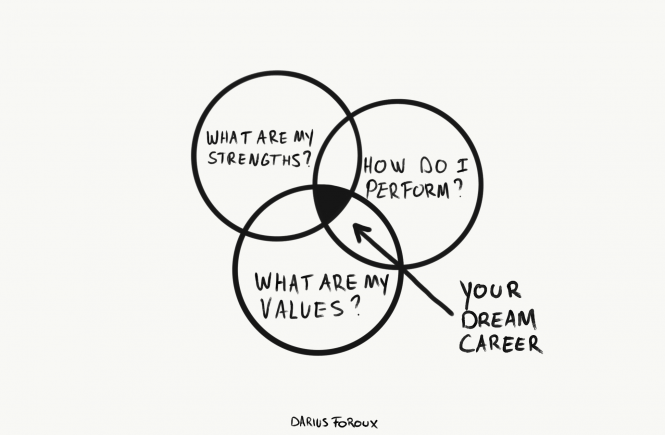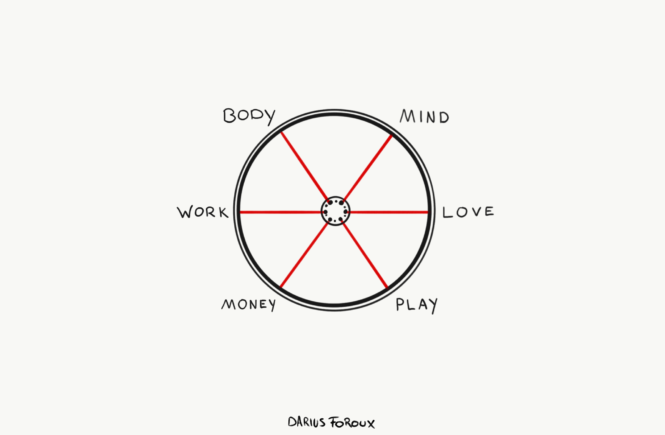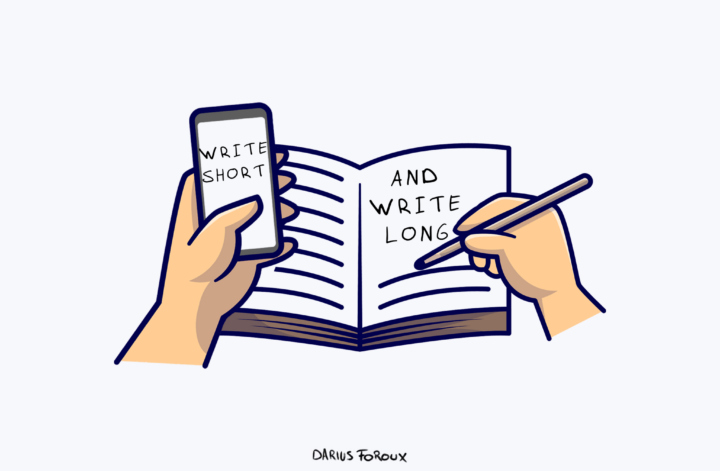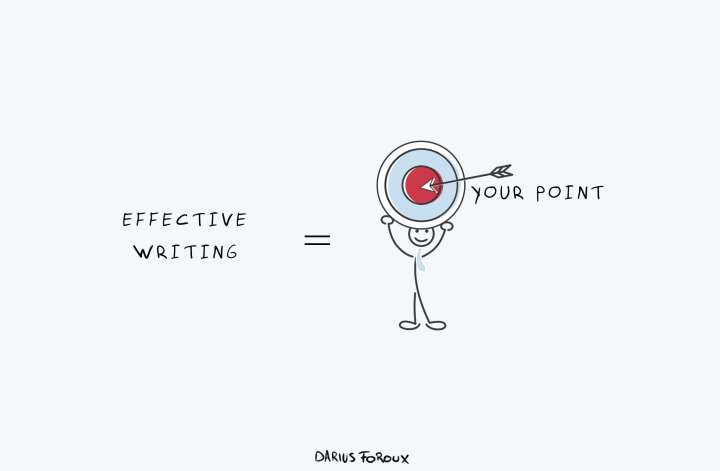If you’re interested in building a dream career, you’ve likely thought about how long your career lasts. If you ask me, your career ends when your life ends.
Our work plays such a big role in the quality of our lives that I’m surprised why people stay in jobs that they hate.
I understand that sometimes you feel like you don’t have a choice. Maybe your parents want you to become a doctor. Or maybe you feel the pressure of social media to make money so you can have the life of famous people.
Whatever the reason is, many of us only work because we need the money. If you ask me, that’s a sad way to live.
Several years ago, I was no different. I thought a career was about status. I wanted to have a job that made me look good. But when my grandmother passed away, I started thinking about what I was doing.
I didn’t like my job, felt drained, stretched too thin, and couldn’t wait until it was Friday afternoon. And you know what the saddest part was? On the weekends, I was only recovering so I could repeat the cycle.
Does that sound familiar? If so, you’re not alone. Millions of people live that way. I don’t think it’s anyone’s fault. I think we, as a society, have failed to educate people on the meaning of work.
I don’t think that work should be this negative thing that people resent. “Ugh! It’s Monday morning. I have to go to work.”
Neither is work a way to earn money or respect; if you think it is, people have failed you.
No, work is a choice. You don’t do it because you have to, you do it because you want to make a contribution to your community. That’s what work is. But here’s the challenge:
In today’s world, you can have almost every career.
That’s not an opportunity. It’s a problem.
Because all entry barriers have been removed, you are faced with a lot more competition. Until a decade ago, you couldn’t simply enter any industry you wanted. You needed to be at the right place, at the right time, and you needed to meet the right people.
But now, you can almost be anything or do anything to make a living. That’s why your career success depends on making the right decisions early on. You want to pick a career that gives you a good outlook.
The last thing you want to become is an unfulfilled career hopper. A person who likes everything and picks a different career every two years. Changing careers is great. But it’s also great to persevere and make an impact. You can’t do that in a few years.
I’ve been blogging since 2015 and I’m not even close to what I’m trying to accomplish. It takes time to learn skills, build a network, and provide value. That’s why you want to make a smart decision about what kind of career you pursue.
“How do I know what my dream career is?”
I’ve personally used the advice from the renowned management consultant, Peter Drucker, to create a career that’s fulfilling. I can honestly look myself in the mirror and say that I wake up excited in the morning to get to work.
In Managing Oneself, a booklet that I read every year, Drucker shares several questions that every professional should ask themselves.
I’ve picked my 3 favorite ones. Answering these questions has helped me to create my dream career. Here they are (I also published a podcast episode on this topic if you prefer to listen).
1. What are my strengths?
“First and foremost, concentrate on your strengths. Put yourself where your strengths can produce results.” —Peter Drucker
Somehow, many professionals still ignore this piece of advice. They believe they can improve their weaknesses. That’s just a false idea that people want you to believe.
Look, business is all about competition—even within organizations. So when your superiors tell you to focus on improving your weaknesses, they are keeping you at a distance. They know damned well that you won’t be a threat.
I’ve even met people who started believing in this idea themselves. They started telling others to improve their weaknesses too. The result? A bunch of average people who are not exceptional at anything. It’s almost like a conspiracy. The people at the top want to keep you from climbing up.
Just know you need strength to climb, not weakness. So figure out what your strengths are and then focus on improving them.
2. How do I perform?
“Amazingly few people know how they get things done. Indeed, most of us do not even know that different people work and perform differently.” —Peter Drucker
This is the most difficult question to answer. It took me about 5 years of conscious thinking and experimenting to find this out. But it’s the most important question of your career.
When you find out how you perform, you will benefit from that for the REST of your life. So what does Drucker mean by performing? It’s about plain results. In other words: How do I achieve results?
Think about these things: How do you get things done? How do you learn? Do you perform well under stress? Do you work well in large teams? Do you work better at a small company or a big one? How do you focus?
It’s important to know yourself on that level. You must find a combination of factors that make it possible for you to reach your full potential.
3. What are my values?
“To work in an organization whose value system is unacceptable or incompatible with one’s own condemns a person both to frustration and to nonperformance.” —Peter Drucker
Some types of jobs just make you feel bad. When I was 17, I worked at a call center that sold mobile phone plans to the elderly. I quit after a few weeks
And that’s what values are all about. Here’s another example: I say no to 99% of the “opportunities” to make money with my blog. I have a set of clear values and one of them is to never lie.
That’s why I don’t have ads on my site or never recommend a book or product that I don’t believe in. I wouldn’t be able to look at myself in the mirror. That’s also called the mirror test. I recommend you to do the same.
Just think about the kind of person you want to see in the mirror every morning.
When you answer these three questions, I’m sure you will find your dream career. Also, remember that most people have created their careers. That means no one will hand it to you.
Try to think practically in your pursuit. I’ve written a book about how I use the principles of Pragmatism to think straight.
The only problem is that it takes time and focus to figure out the answers.
Two things that most of us are not serious about. We waste a lot of our time on meaningless activities. And we can’t focus on one thing for more than two minutes. If we keep behaving like that, we will be miserable forever.
Remember, your life is your career. And if life is long, your career is long too.
So take a few months, or even years, to improve your self-knowledge. You will benefit from it for the rest of your life.




